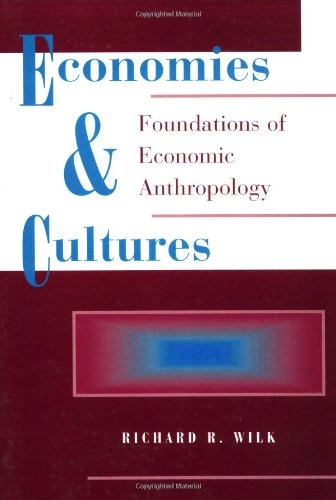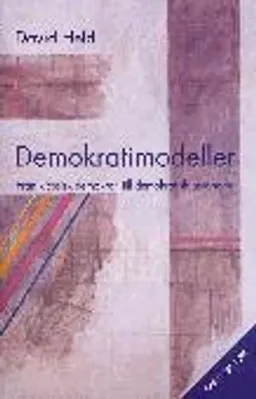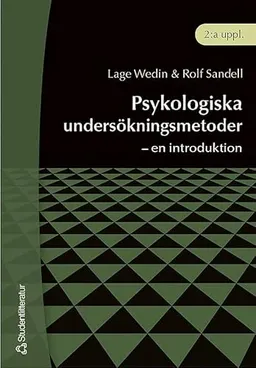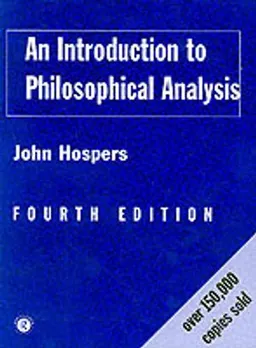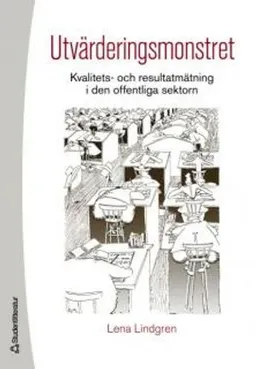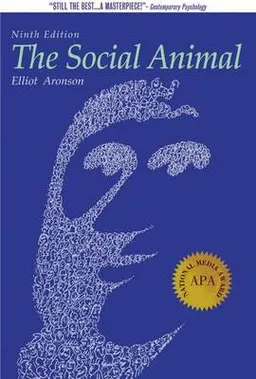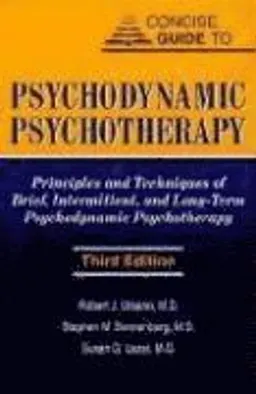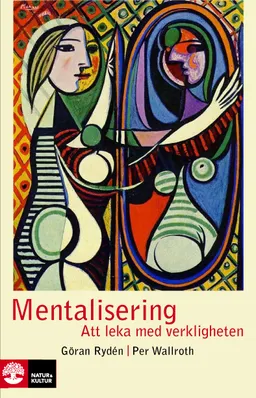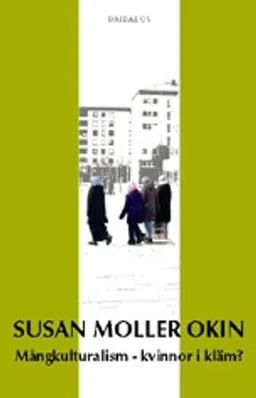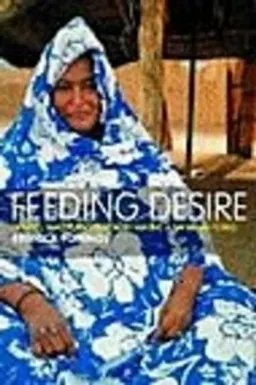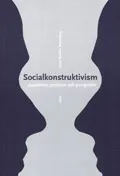This text is the first synthesis of modern economic anthropology for advanced undergraduates and beginning graduate students. Tracing the history of the dialogue between anthropology and economics, Wilk moves economic anthropology beyond the narrow concerns of earlier debates and places the field directly at the center of current issues in the social sciences. He focuses on the unique strengths of economic anthropology as a meeting place for symbolic and materialist approaches, and for understanding humanity as both practical and cultural. In doing so, he argues for the wider relevance of economic anthropology to applied anthropology and identifies other avenues for interaction with economics, sociology, and other social and natural sciences. }This text is the first synthesis of modern economic anthropology for advanced undergraduates and beginning graduate students. It goes to the heart of an emerging subdiscipline and identifies the fundamental practical and theoretical problems that give economic anthropology its unique strengths and vision. Tracing the history of the dialogue between anthropology and economics, Richard Wilk identifies three recurring arguments about human nature and the moral basis of human action. Modern economic anthropology, he says, emerges from the controversies and tensions between these radically different propositions about the essence of humanity. More than any other anthropological subdiscipline, economic anthropology constantly questions and debates the practical motives of people as they go about their daily lives.Wilk moves economic anthropology beyond the narrow concerns of earlier debates and places the field directly at the center of current issues in the social sciences. He focuses on the unique strengths of economic anthropology as a meeting place for symbolic and materialist approaches, and for understanding humanity as both practical and cultural. In doing so, he argues for the wider relevance of economic anthropology to applied anthropology and identifies other avenues for interaction with economics, sociology, and other social and natural sciences. This short text is designed to be used with monographs or collections as a core reading for economic anthropology courses. It will complement other texts in general sociocultural anthropology courses and in graduate core courses, and it will be a useful supplement in teaching ecological and applied anthropology. }
Åtkomstkoder och digitalt tilläggsmaterial garanteras inte med begagnade böcker
